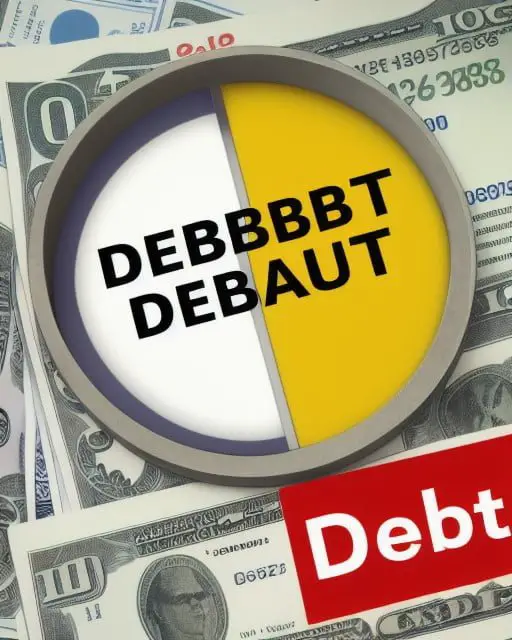The United States is the world’s largest economy, but its financial stability is currently at risk due to the looming threat of a debt default. if lawmakers fail to raise the debt limit soon, the country could default on its debt obligations, which would have serious economic consequences.
USA’s Debt Default: What Does It Mean?
Occurs when a borrower fails to make payments on its debts as they become due. In the case of the United States, a debt default would mean that the government would be unable to pay its bills, including salaries for federal employees, Social Security payments, and interest on its debt. Defaulting on its debt could also damage the US government’s credit rating, making it harder and more expensive to borrow money in the future.
Economic Implications of Looming Debt Default
The economic implications of a debt default would be significant. A default could cause a recession, as businesses and consumers would lose confidence in the government’s ability to manage the economy. It could also cause interest rates to rise, making it more expensive for individuals and businesses to borrow money. A debt default could also lead to a decline in the value of the US dollar, which would make imports more expensive and could lead to inflation.
Furthermore, a debt default could have global repercussions. The United States is the largest economy in the world, and a default could cause a global economic shock. It could lead to a decline in the value of the US dollar, causing a ripple effect through global financial markets. Additionally, a default could undermine the US dollar’s status as the world’s reserve currency, which could have long-term implications for the global financial system.
Overall, the looming threat of a debt default is a serious issue that could have far-reaching economic consequences. The US government and lawmakers must work together to raise the debt ceiling and avoid a default. Failure to do so could have devastating effects on the US and global economies.


